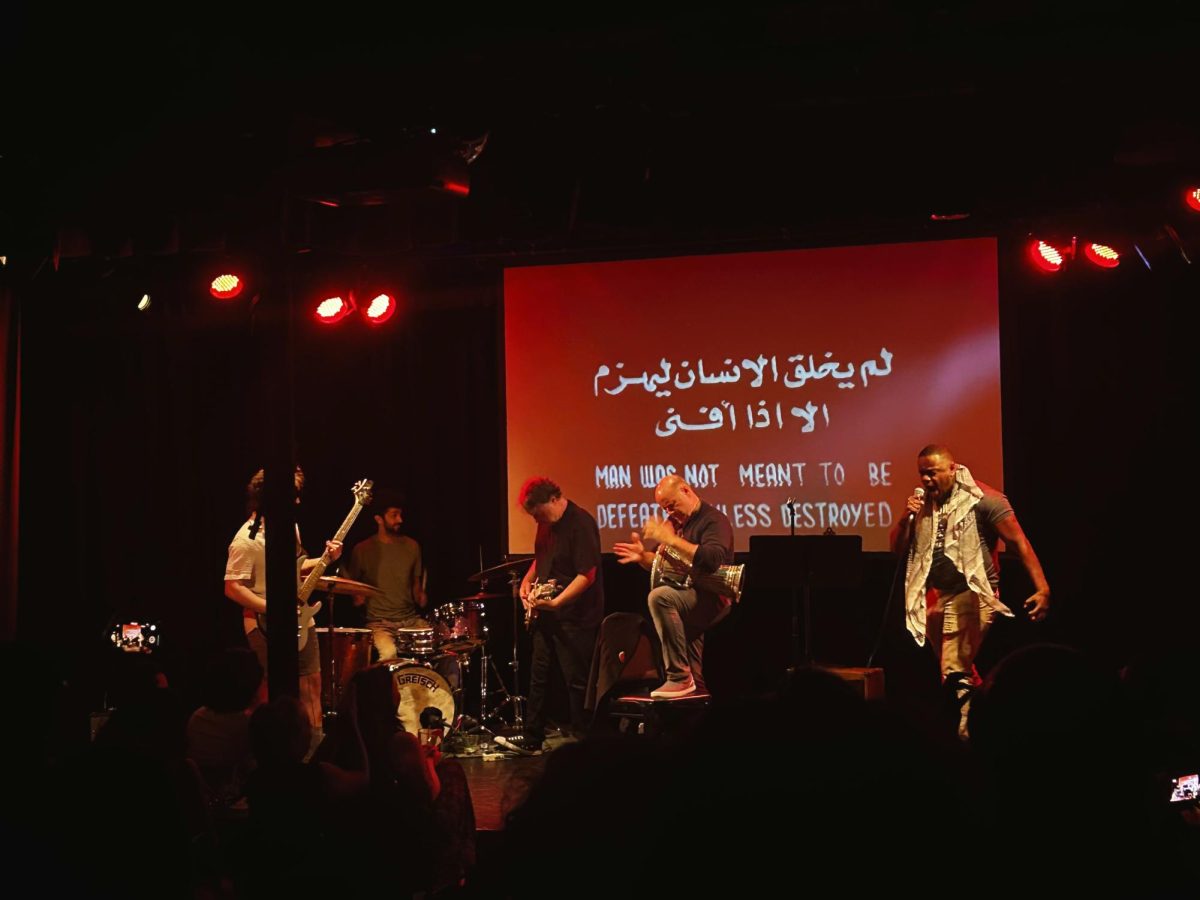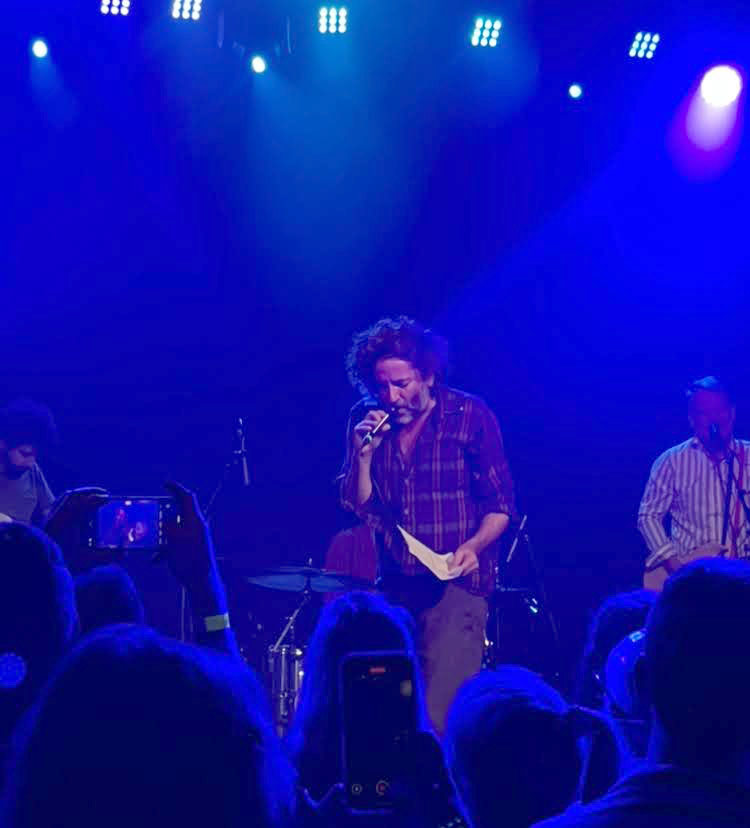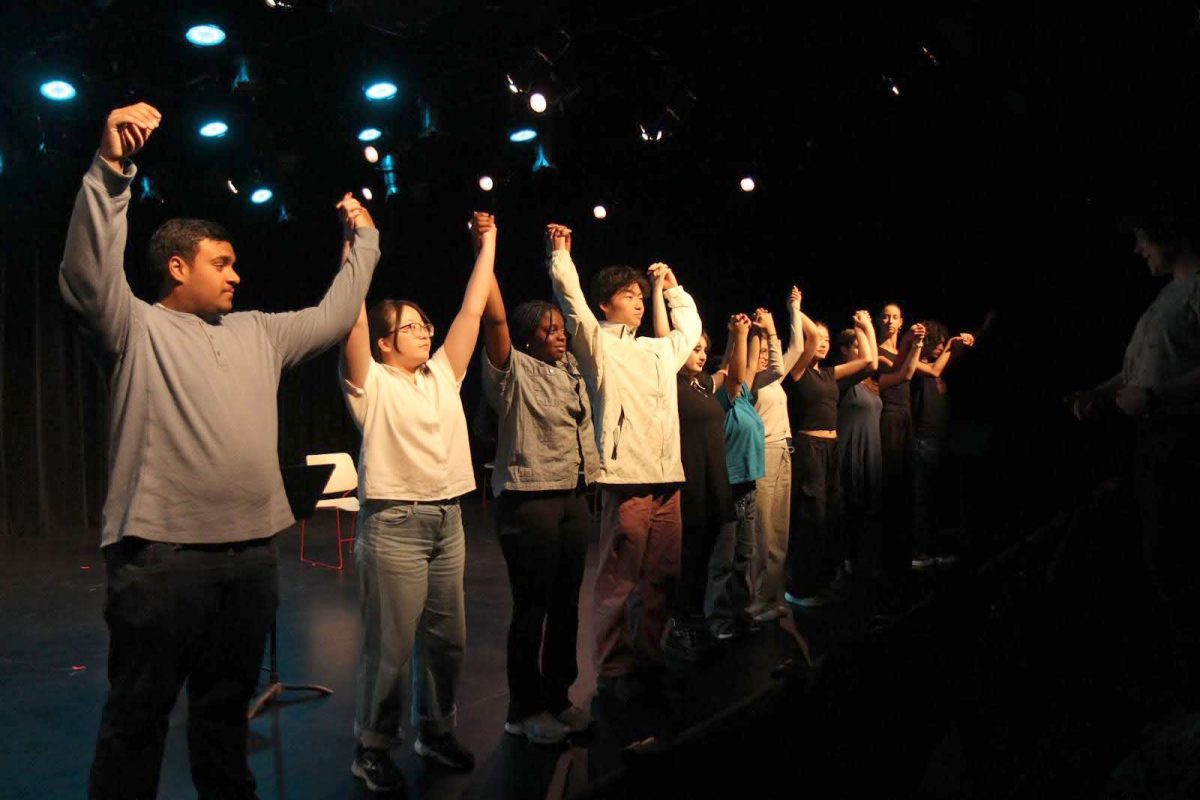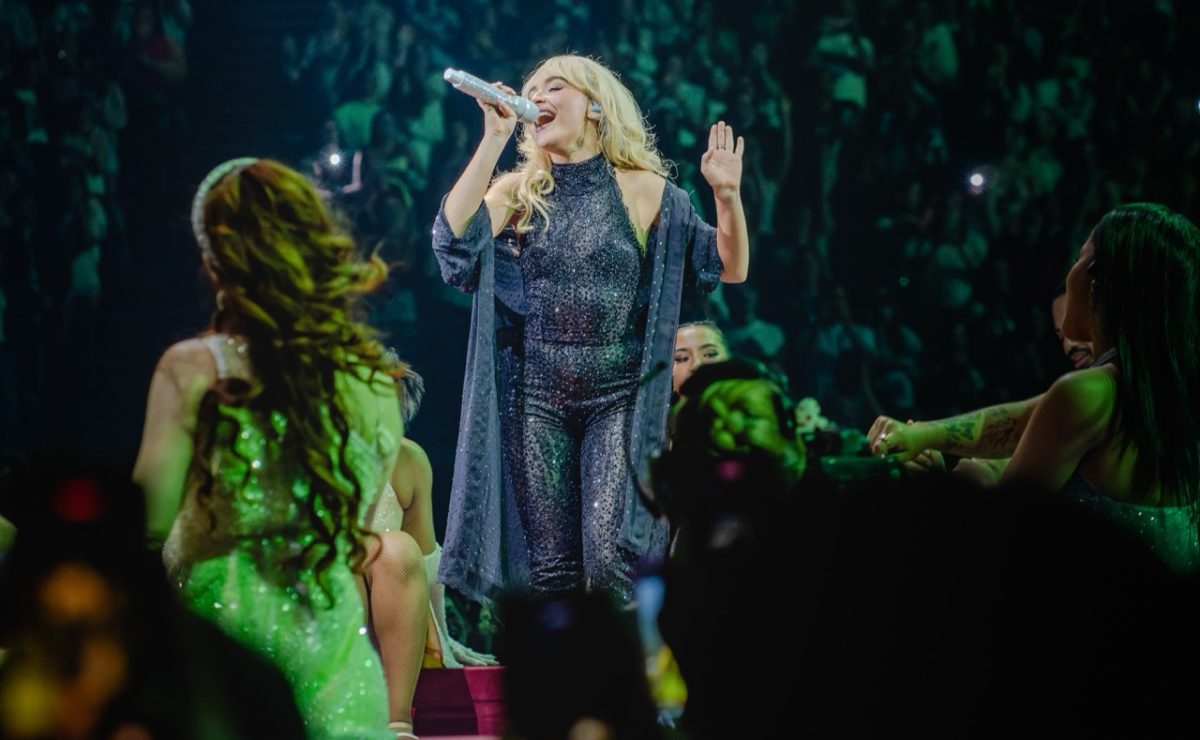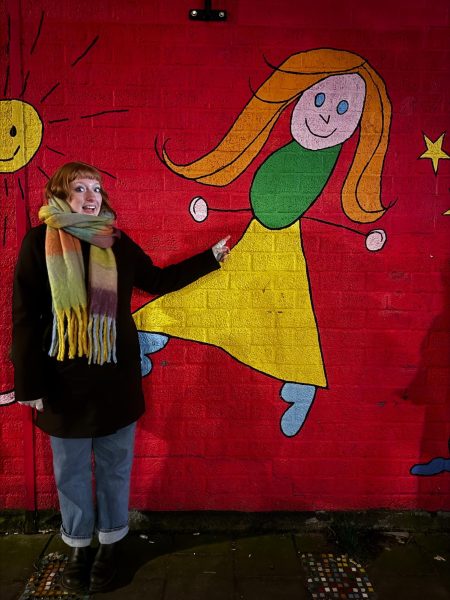For the past couple decades, the Twin Cities Arab Film Festival has become a constant place for film buffs to expand their viewing horizons. Put on by Mizna, a woman-led organization that focuses on showcasing arts from Arab and SWANA (Southwest Asia and North Africa) cultures, the 18th annual festival took place Sept. 25 through 29, specifically focusing on stories from Sudan and Palestine.
“The 2024 festival brings programming that responds to the catastrophic state faced by much of the SWANA region while providing audiences a space to engage with critical, stimulating and challenging ideas, histories, and aesthetics,” Mizna’s description of the event reads.
Shorts and feature-length films were screened throughout the week at The Main Cinema, with other festival-related workshops taking place at FilmNorth, the Walker Art Center and Bryant Lake Bowl.
In the past, events have usually featured artist talks and facilitated dialogues, but this year one of Mizna’s events was not like the others — with their emphasis on highlighting the crises of the SWANA region, the festival featured an event titled “!!RAGE KARAOKE!!”
What is rage karaoke, you may be asking? The Bryant Lake Bowl defines it as follows:
“!!RAGE KARAOKE!! (Man Was Not Meant to Be Defeated Unless Destroyed) brings together a SWANA metal band for a one-time-only punk political performance art experience. The band will play loud, the karaoke singers will take turns scream-reading lines from anti-Palestinian US legislation into the microphone. Together we will laugh, cry, purge our grief and anger, and emerge from the sweaty gig a stronger, more determined resistance movement. Featuring Palestinian musicians Fritz Dorigo and Tarek Abdelqader. Conceived by Saeed Taji Farouky.”
This description immediately captured my interest, and I was able to snag a couple tickets before it sold out. This past Saturday, Abby Bulger ’24 and I headed over to the Bryant Lake Bowl as soon as the doors opened, anxiously awaiting a night of political, punk karaoke.
Eventually, Saeed Taji Farouky, the emcee for the night, introduced the band to the stage, where we learned that “Rage Against the Regime” had never performed or practiced together before. As a one-time-only band and event, Farouky emphasized the experimental nature of the night, asking the audience to remain open to the possible directions it could take.
The legislation, originating specifically from neighboring Midwestern states, centered on the prohibition on boycotting Israeli businesses and similar activities. The content’s local nature was effective and helped fuel the crowd’s anger.
Michelle Baroody, Mizna’s Film Programming Curator, claims that the event “seemed ridiculous and impossible to pull off, but somehow, it worked,” – and I agree. Despite the uncertainty behind the event’s unique nature, it was a hit.
Rage Against the Regime was extremely talented–the improvised music was different for every scream-reader on stage. “The band we pulled together played songs with different rhythms and energy, setting the tone for each participant’s performance. The result was magical and cathartic,” claims Baroody.
I was apprehensive about how serious participants would take the screaming – but I was not disappointed. Everyone was ecstatic to perform, with the audience chiming in and booing (the script – not the people reading it aloud), and many of those who started off nervous gained their footing, ultimately becoming some of the loudest participants.
Halfway through, Macalester’s very own Professor of Sociology Khaldoun Samman got on stage with his traditional Darbuka drum, and the band took a musical break. People got up to dance, and the room filled with a beautiful mix of metal and traditional Arab beats, an apt metaphor for the mixing of cultures and support shown for Palestine that night.
After Samman and Rage Against the Regime finished their improvisation, the rest of the scream-singers finished their readings (including beloved Media and Cultural Studies Professor Bradley Stiffler).
The event ended with a tangible feeling of hope in the air, with a celebration of everyone’s performances and a reignited sense of anger at the State of Israel and the US government.
Overall, I started out unsure about how the night would go, and if the eccentic nature of it would pair well with the gravity of the subject matter. But, to me it seemed successful. Once Abby and I went on stage, we found ourselves newly enraged – having an environment that encouraged embracing primal rage was essential for fostering a sense of collective power.
Samman also considered the event a successful art performance. “Rage Karaoke was exactly what we needed – to gather allies of Palestine and to feel the collective power of an unstoppable movement to end the Zionist settler colonial project once and for all,” assents the professor. “We are here and we will not go away until this abhorrent regime is replaced with a Democratic state for all who live from the river to the sea.”
Baroody similarly concluded that the event was not only successful, but necessary.
“It has been a brutal year for our communities, and after a year of genocide in Gaza and Sudan as well as the escalation of violence in the West Bank and Israel’s bombardment of Lebanon, Rage Karaoke (and the festival in general) was exactly what we needed,” she said. “We needed to be together to grieve and to express our frustration and rage. We needed to scream into a microphone surrounded by our people, and we needed to feel supported and held by each other as we continue to push back against systems of violence, oppression and imperialism.”

